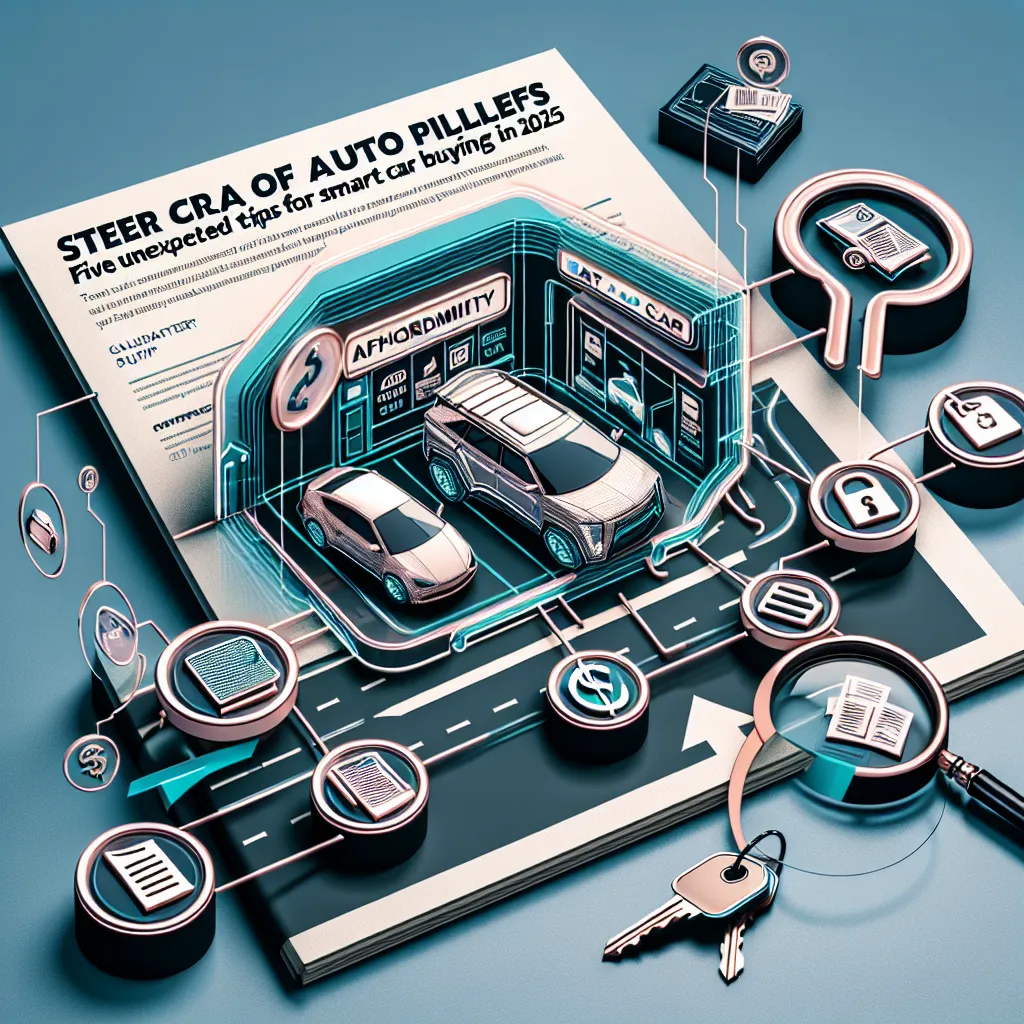Understand Your Future Needs
When buying a car, most individuals focus on their current needs. However, your requirements might change significantly over the lifespan of your vehicle. Consider your future lifestyle, potential family changes, and long-term financial goals. A sporty two-seater might look enticing today, but will it still serve your needs five years down the line?
Eye the Electric Market
Electric vehicles (EVs) are no longer a distant dream. By 2025, we can expect a significant rise in EV availability with more affordable options hitting the market. While an EV may seem a substantial upfront investment, the long-term cost savings on fuel and maintenance might make it a smart purchase.
Consider Used Cars
The stigma surrounding used cars is fading. Certified pre-owned vehicles offer reliability, extended warranties, and substantial cost savings. Given the rapid depreciation of new cars, buying a lightly used car can be an excellent way to get more bang for your buck.
Be Wary of Add-Ons
Dealers often try to upsell additional features, extended warranties, and service plans. While some add-ons might be beneficial, many are unnecessary and only serve to inflate the final price. Do your research and understand what extras you truly need before heading to the dealership.
Time Your Purchase
The time of year, month, and even week can significantly impact car prices. Dealerships often offer discounts at the end of the year, quarter, or month to meet sales targets. Similarly, weekdays may provide better deals as dealerships are less crowded.
Conclusion
Buying a car is a significant investment, and it's crucial to approach it with a clear, strategic mind. By understanding your future needs, considering electric and used cars, being cautious of add-ons, and timing your purchase, you can navigate the 2025 auto market with confidence and secure the best deal. Happy car hunting!
